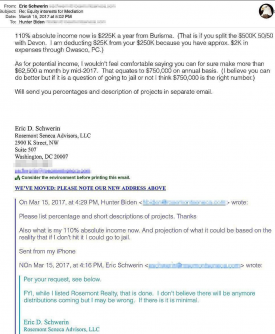Fries Foar Frijhiid
Well-known member
Cliff High in 3 clips van in totaal 5 uren over Antarctica:

 roserambles.org
roserambles.org
Geen idee of het eerder gedeeld is.

New Clif High: Antarctica Unveiled Part 1 2 3 April 16, 2022
_________________________________________________________________ Clif High has a patent on computer-assisted reading technology which allows reading from computer screens at up to 2000 words per m…
 roserambles.org
roserambles.org
Geen idee of het eerder gedeeld is.















